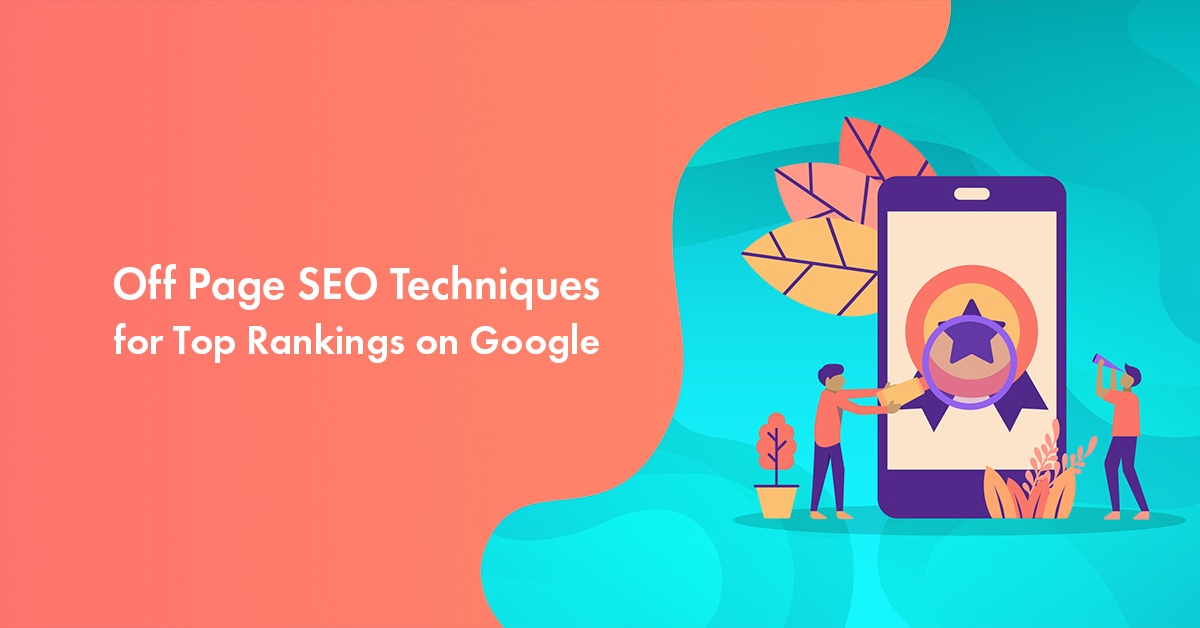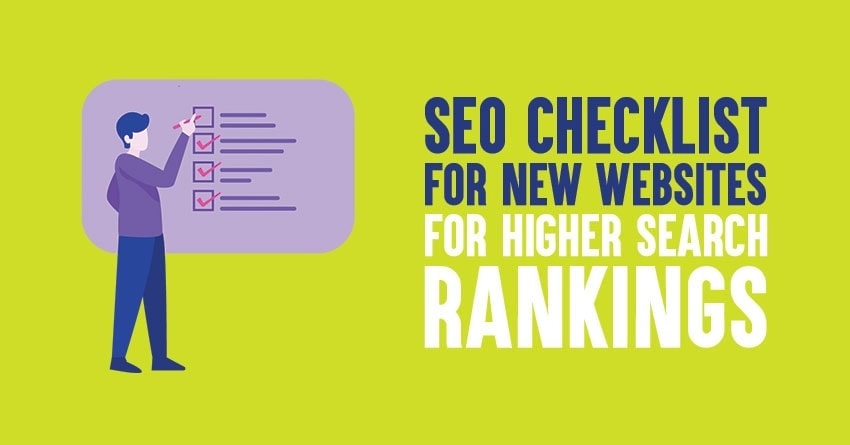Anchor text, also known as link text, plays a significant role in search engine optimization.
By using the right anchor text, you can improve your website’s ranking and visibility in search results. But, most people often ignore the importance of using the right hyperlink anchor text.
So, if you’re looking for a free resource on anchor text optimization, you’re in the right place. In this post, you’ll learn;
- What is anchor text in SEO?
- Different types of link anchor text
- Anchor text best practices and so much more
Are you ready? Let’s get started.
Table of Contents ☰
Anchor Text Best Practices With Real-World Examples

What is Anchor Text in SEO?
Anchor text is the visible, clickable text you see in a hyperlink. Once you click on that text, you’ll be taken to another page.
For example, in the sentence “Step By Step SEO Tutorial For Beginners,” the anchor text is “SEO Tutorial.” You will be taken to another webpage when you click on this text.
Different kinds of anchor text
Anchor text or link text can be of different types, which are listed below.
- Branded Links: A link with your brand name as the anchor, like BloggersPassion. This helps build brand recognition and trust.
- URL Itself: These types of anchor texts contain just your site’s URL without a text, like https://bloggerspassion.com/. This is not very helpful in most cases, as it doesn’t provide any information about the link.
- Partially Matching Keywords: Using variants of your focus keyword to make a readable link. For example, instead of “best SEO tips,” you could use “the ultimate guide to SEO.”
- Related Keywords: This is not a direct match but a keyword or phrase that is closely related to the main one. For example, instead of “link building,” you could use “backlinks.” These are often recommended!
- Generic Links: These anchor texts contain words like “Click here” or “Read more”. They don’t provide much value to users or search engines.
- Site Name: Often, it mentions your site name, such as BloggersPassion.com. This is similar to a branded link, but it doesn’t include your brand name.
- Article or Page Title: Exact matching the page title, like “What is anchor text?”. This can be helpful for SEO, but it can also look spammy if used too often.
Let’s now dive into the FIVE best practices of anchor text optimization.
1. Always use descriptive text
Don’t use random call-to-action words like click here, read this page, follow that website, etc, while writing anchor text.
The anchor text should tell users what they can expect to find if they click on the link.
For example, instead of using the anchor text “Click here,” you could use the anchor text “Learn more about anchor text.”
That way, people reading your content can easily understand where your links are leading it. Also, descriptive text in links can help search engines easily understand the linked page’s relevance.
Also, generic anchor text, such as “Click here” or “Read more,” is not helpful for users or search engines. By using relevant and descriptive anchor text, search engines can better understand the content of the linked page, and users can confidently click, knowing what to expect.
2. Use relevant keywords
Search engines like Google often give priority to anchor texts on a page to understand the context.
That’s why you should always link to other related posts on your website with relevant anchor text.
Here’s an example of a good anchor text that explains to users what type of content they’ll find once they click the link:

In the above example, someone is already reading a blog post about the benefits of guest blogging. If they click on the anchor text “writing skills”, it makes sense to direct them to a relevant blog post about proven ways to improve their writing skills.
So, make sure the anchor text is HIGHLY relevant to the linked webpage’s content. This will help search engines understand what the webpage is about and rank it accordingly.
Make sure to learn how to do keyword mapping to assign relevant keywords to each page on your website.
3. Avoid over-optimizing your anchor text
It’s easier to write anchor text by stuffing lots of keywords.
But Google clearly is AGAINST such over-optimized anchor text in articles.

Avoid keyword stuffing in your anchor text and use natural language to describe the linked page. This will help you avoid Google penalties and improve your SEO.
Try to use exact text, partial text, branded text, and even generic anchor text, depending on the context of the linked page.
4. Maintain consistency
We often link to the same page multiple times (from new blog posts or other pages). Use similar anchor text variations for the same target keywords to avoid confusing search engines.
For example, if you’re linking to a page on “SEO best practices”, you could use anchor text variations like;
- Best tips on SEO
- Search engine optimization tips
- Organic SEO tips and tricks
That’s how you can make it easier for search engines to understand the “relevancy” of the linked page.
The key here is to write a natural-looking mix of anchor text variations. A good rule of thumb is to avoid using any single variation for more than 20-25% of your links to a particular page.
So, how can you come up with relevant text variations to maintain consistency?
Here are a few quick tips for diversifying your website’s anchor text profile;
- Use synonyms
- Use related keywords
- Use long-tail variations
You can find all the above text variations for ANY keyword using tools like Ubersuggest, Semrush, Ahrefs, etc. You can read our free guide on how to do keyword research to find more details about them.
5. Focus on user intent with anchor text
Here’s the thing: while creating anchor text, simply using variations of the target keyword is NOT enough. You also need to understand the user intent behind the keyword and write your anchor text to reflect it.
Imagine someone searches for “SEO best practices.” What are they trying to achieve?
- Informational: Searchers might be learning SEO for the first time and want a basic understanding. In this case, you can use anchor text like “Learn the Essential SEO Best Practices for Beginners” while linking to a relevant “informative page”.
- Transactional: People might search for specific tactics to improve their website rankings. In this case, you can use anchor text like “Get Our Free SEO Checklist to Grow Your Traffic” while linking to a product page.
- Navigational: They might be familiar with SEO and know you offer resources, wanting to find your “best practices” page. You can use an anchor text like “Our In-Depth Guide to SEO Best Practices” in such cases.
Want more information? Read different types of keywords along with the best keyword intent practices.
FAQs on anchor text optimization
Here are some of the commonly asked questions around link text optimization in SEO.
Yes. Anchor text is the clickable text in a hyperlink. It’s what users see and click on to follow a link to another page or website. It helps search engines understand the content and relevance of a linked page.
– Use relevant keywords
– Don’t overuse the same exact keywords repeatedly.
– Keep it natural and avoid keyword stuffing
– Use clear and descriptive text
– Avoid generic links
Avoid keyword stuffing, as Google may penalize websites that overuse keywords in their anchor text.
A hyperlink is a link itself. Anchor text is the text used in the link when the hyperlink is added.
Yes, you can use a mix of different types, including branded, keyword-rich, and related keyword anchors.
Related Posts:
- Step By Step SEO Tutorial For Beginners in 2024 (Including Our Traffic Reports)
- How Dofollow and Nofollow Links Impacts Links in 2024?
- 12 PROVEN Ways to Create High Quality Backlinks
- What is the ideal length of URL in SEO?
Final thoughts on link text SEO
Remember, anchor text should be clear and informative for users, not just search engines.
Try to make your anchor text natural instead of stuffing it with keywords. Your website readers and search engines should easily understand the CONTEXT of the linked page.
So, what are your thoughts on the anchor text in SEO? Have any questions? Let us know in the comments.




Great sir thank you sharing this information I am follow you approximate 8 years